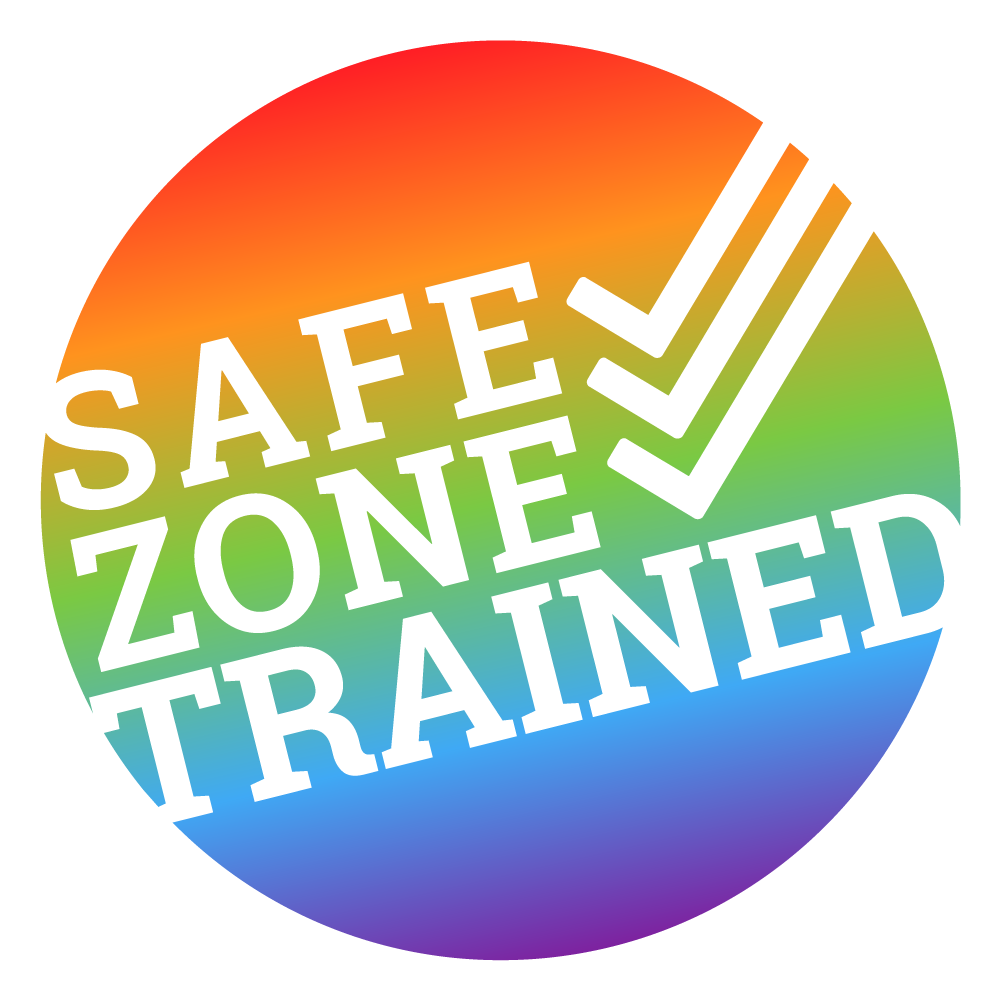International Organizations and Their Functions
International Organizations and Their Functions
Key Points
The United Nations Economic and Social Council (ECOSOC) is at the core of the United Nations (UN) systems network focusing on sustainable development (economic, social, and environmental). ECOSOC is the umbrella that brings different individuals and groups together through international conferences to discuss sustainable development goals (ECOSOC, 2021).
The ECOSOC also overlaps with the United Nation Development Program (UNDP) through Sustainable Development Goals (SDGs) also known as Global Goals through a universal mission to end poverty, protect the planet and ensure that by 2030 all people enjoy peace and prosperity. SDGs prioritize marginalized and disadvantaged countries through goals of no poverty, zero hunger, good health and well-being, quality education, gender equality, clean water and sanitation, affordable and clean energy, decent work and economic growth, industry, innovation and infrastructure, reduced inequalities, sustainable cities and communities, responsible consumption and production, climate action, life below water (protecting sea life), life on land (protecting our forests), peace, justice, and strong institutions, and partnership collaborations for each of these goals (UNDP, 2021).
The United Nations High Commissioner for Refugees (UNHCR) mission is to protect people who forced to flee their homes to escape conflict and persecution. The UNHCR helps people find a safe place to call home. For example, the UNHCR can mobilize emergency supplies for 1 million people within 72 hours. In addition, the UNHCR works with 100 countries to interpret and help refugees exercise their rights. The UNHCR has helped 1 million refugees find long term housing solutions to rebuild their lives in new countries (UNHCR, 2021).
The United Nations agency for children (UNICEF) works to protect all children especially those from disadvantaged or marginalized populations. Their focus is on education, health and nutrition service and to protect children from violence and abuse, clean water and sanitation, as well as protection from disease. An interesting fact is the UNICEF runs the world's largest humanitarian warehouse (UNICEF, 2021). There is significant overlap between UNICEF, UNHCR, UNDP, ECOSOC in that they focus on humanitarian emergencies, gender equality, education, climate change, social policy, and water, sanitation, and hygiene.
The World Health Organization (WHO) shares similar goals with UN agencies such that they dedicate their mission to the well-being of all people to promote health, keep the world safe through responding to global health emergencies. For example, WHO declared the COVID-19 a global emergency early on, provided advice on testing, prevention, and treatments, and vaccinations. The WHO also worked to combat misinformation, fund pandemic responses, and strengthen healthcare systems in vulnerable areas (WHO, 2021).
The International Monetary Fund (IMF) focuses on supporting economic policies that promote global financial stability, productivity, job creation and economic well-being. The IMF was established in 1944 after the Great Depression of the 1930's. Its focus is on trade, fiscal policy, and sovereign debt ( public debt short-term loans) such as governments facing economic crisis finding ways to fund investments on growth and development for the countries (IMF, 2021).
On the other hand the World Bank, focuses on long term financial development to provide funding that supports projects that reduct poverty, education, healthcare, and critical infrastructure to developing countries. Although both global financial institutions focus on economic development and improving living standards of economically challenged countries.
The Peace Corps is a volunteer global organization that serves 60 countries through six sectors, agriculture, community economic development, education, environment, health, and youth in development. In addition, the Peace Corps also helps Americans serves as a bridge to help Americans develop cultural sensitivity through learning about local cultures, opportunities, and people in their host countries. Through volunteering experiences, Peace Corp volunteers return home and can share their experiences of global public service to family, friends, and the public creating more cultural understanding (Peace Corps, 2021).
Similar to UN agencies, the United States Agency for International Development (USAID) is a United States government agency that focuses on collaborative humanitarian efforts to partner countries to reduce poverty, strengthen democratic governance, economic opportunities, and achieve sustainable development (USAID, 2021).
The Adventist Development and Relief Agency (ADRA) is a global humanitarian organization of Seventh-Day Adventist Church. ADRA delivers relief and developmental assistance to more than 120 countries regardless of ethnicity, political affiliation, or religious association. ADRA partners with communities, organizations, and governments through safe access to water, hygiene and sanitation, nourishing food, supporting pregnant women, and training community health workers and transplant solutions as well as psychosocial support (ADRA, 2021).
The International Committee of the Red Cross (ICRC) focuses on responding rapidly and efficiently to provide humanitarian protection and assistance to those suffering from armed conflicts and war. The ICRC forces on international humanitarian law, economic security, health, helping detainees, reconnecting families, sexual violence, acting as neutral intermediaries, water and habitation, and much more (ICRC, 2021).
Similar to ADRA and ICRC as far as supporting immigrants and refugees, Lutheran Immigration and Refugee Services (LIRS), is the largest faith-based NGO, focusing on helping immigrants, asylum seekers and refugees rebuild their lives in the United States. LIRS provides inclusive and empower initiatives such as asylum services, children and family services, mental health, crisis response and advocacy (LIRS, 2021).
Save the Children is similar to UNICEF focusing on keeping children healthy, educated, and devoted to protecting children from harm. Through policy and advocacy and localized approaches to also drive sustainable development and humanitarian action.
Similar to ADRA and LIRS, World Vision is a Christian based NGO, focusing on addressing poverty, child protection, water and sanitation and sustainable development (World Vision, 2021).
The differences between United Nations, other Agencies and NGOs are the scale of operations, such as UN agencies operate under international government frameworks, while NGOs are more independent and can be faith-based.
Considering the wide scope of social work related functions of international organizations, I think there are still enormous unattended social issues at a global level due to power and control dynamics, corruption, greed, climate change, generational trauma, war, and systemic inequalities.
References
ECOSOC. (2021). The United Nations Economic and Social Council. https://www.un.org/ecosoc/en
UNDP. (2021). United Nations Development Programme (UNDP). https://www.undp.org
UNHCR. (2021). United Nations High Commissioner for Refugees (UNHCR). https://www.unhcr.org
UNICEF. (2021). The UN Children’s Fund (UNICEF): What we do. https://www.unicef.org/what-we-do
WHO. (2021). World Health Organization (WHO). https://www.who.int/about
IMF. (2021). International Monetary Fund. https://www.imf.org/en/About
The World Bank. (2021). What we do. https://www.worldbank.org/en/what-we-do
Peace Corps. (2021). Peace Corps: About. https://www.peacecorps.gov/about/
USAID. (2021). The U.S. Agency for International Development. https://www.usaid.gov
ADRA. (2021). Adventist Development and Relief Agency International. https://adra.org
ICRC. (2021). International Committee of the Red Cross. https://www.icrc.org
LIRS. (2021). Lutheran Immigration and Refugee Services. https://www.lirs.org
Save the Children. (2021). How we help children. https://www.savethechildren.org
World Vision. (2021). World Vision: Our work. https://www.worldvision.org/our-work
LATEST BLOG POST
Search Results




